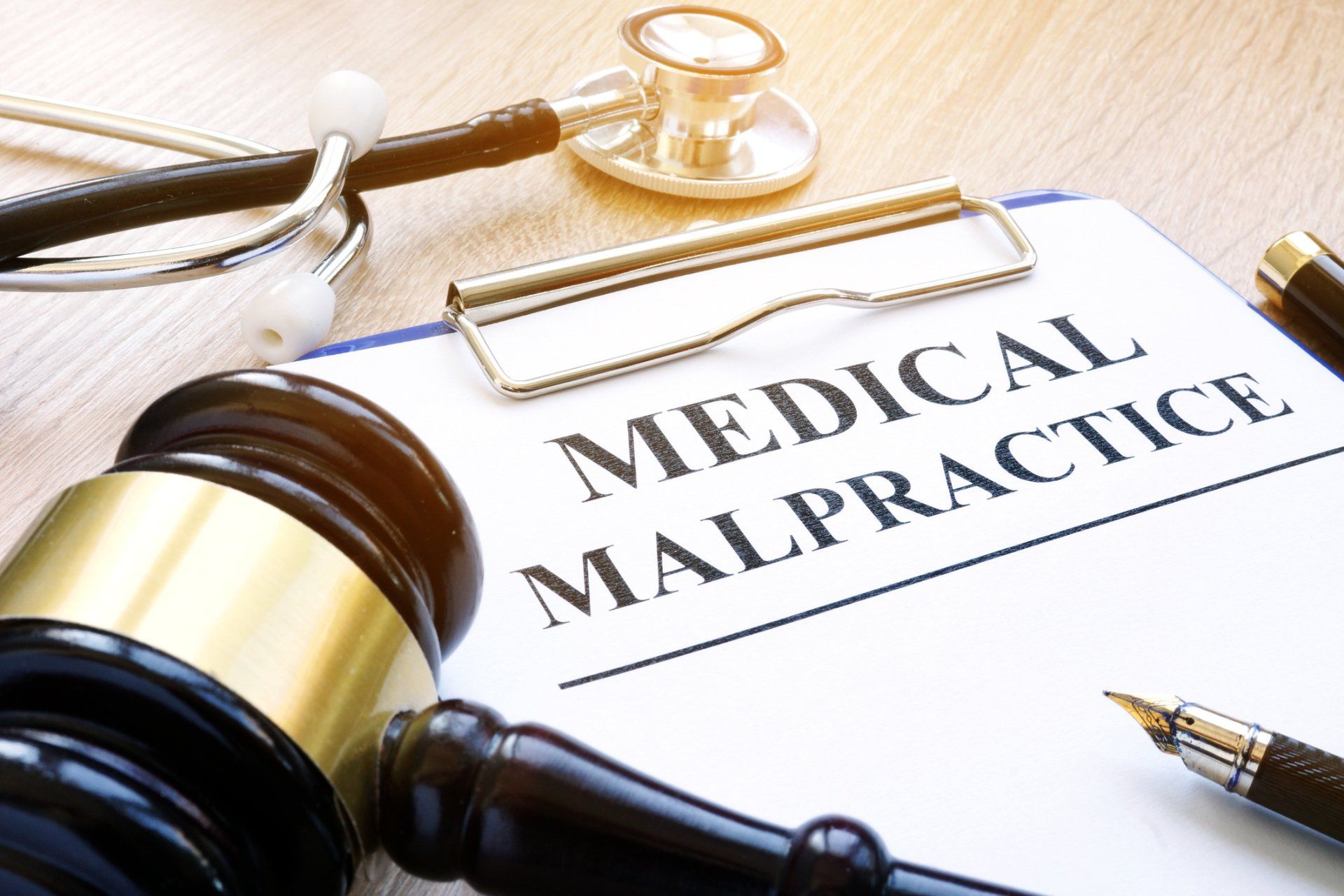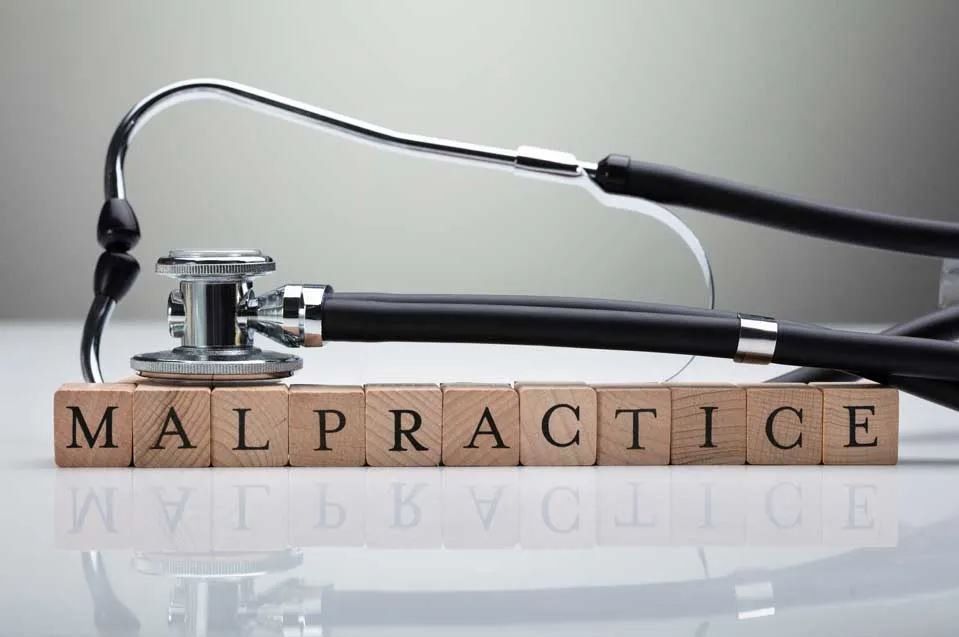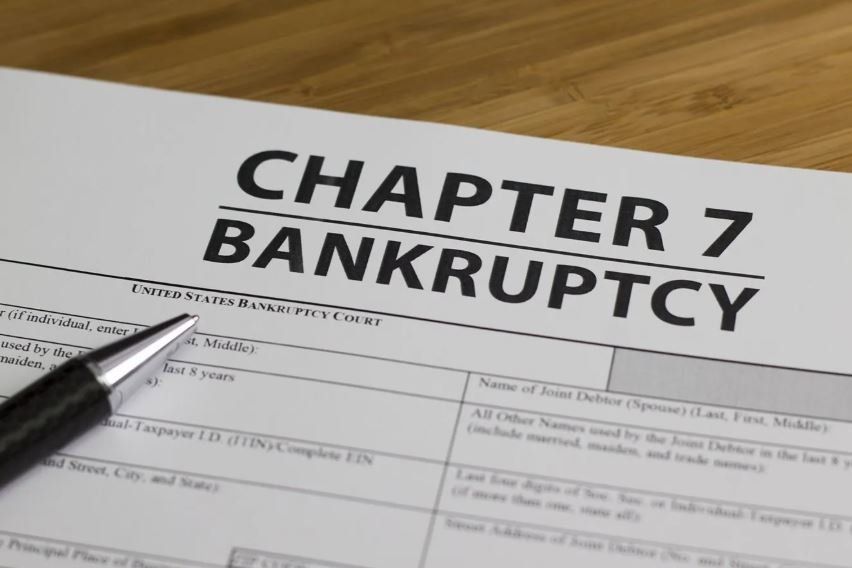Factors That Determine Your Malpractice Case on Pain Medication Addiction
Admin • April 10, 2019

Some patients accuse their doctors of medical malpractice when the patients get addicted to pain medication. If you are in such a situation, know the factors the court will consider as it decides your case. Here are some of these factors.
Medical History
If you have a history of drug addiction, then you are more likely to get addicted to pain medication than others who don't have the same history. Thus, your history of addiction should help your doctor take extra care to mitigate the risks of addiction. A doctor who exposes you to highly addictive opioids despite your history of addiction may be guilty of malpractice.
Disclosures
The law expects patients to disclose everything in their medical history to help patients get the right treatment. Doctors should also probe patients about their medical histories to prescribe safe and effective treatments. Your doctor is not guilty of medical malpractice if they make the relevant attempts to uncover your medical history but you don't disclose your past addiction.
Diagnosis and Complaints
Many of the most effective pain medications are also some of the most addictive. The medical world reserves such medications for severe pain only. Thus, your medical complaints and the diagnosis your doctor may give determines the potency of pain medication you should get.
For example, you shouldn't get highly potent pain medication for relatively minor back pain, but the same medication may be suitable for a severe spinal injury. Thus, your doctor may be guilty of medical malpractice if they prescribe a potent drug for relatively minor pain.
Adherence to Instructions
Although opioids are addictive, doctors have measures they can use to lower the risk of addiction in their patients. For example, you must observe the dosage and period of use for all pain medications your doctor may prescribe. You have the responsibility to adhere to these measures, and your failure to do so may absolve your doctor of the liability of medical malpractice.
The Nature of the Medication
Not all pain medications are highly addictive - opioids are the drugs to worry about. For example, the opioid oxycodone is a highly addictive drug while non-steroidal anti-inflammatory drugs (NSAIDs) such as meloxicam are not addictive. If you have accused your doctor of pain medication addiction malpractice, the court will look at the drug involved before it makes a ruling.
Informed Consent
Your doctor should discuss with you the benefits and risks of pain medication before you begin treatment. The doctor should even discuss with you the alternative treatments methods that have lower or no risk of addiction.
For example, if the doctor thinks your case requires an opioid use, the doctor should discuss with you alternative pain medications such as NSAIDs. A doctor who doesn't discuss the alternatives (and thus denies you the chance of informed consent) is likely guilty of medication malpractice.
Medical Experts and Literature
Lastly, the court will also look at the opinions of experts on the issue. The case may require reviewing medical textbooks and literature to ascertain what they say on the issue. You may also require the input of an expert witness to prove your case.
For example, you have a strong case if the existing research shows that the dosage you received typically leads to addiction. However, since medical ideas are rarely unanimous, expect the defense to come up with their own literature to support their position.
Addiction to pain medication is real and can lead to long-term consequences such as loss of employment and health complications. If you think your doctor is liable for your addiction, consult
Friedman, Poole & Friedman, P.C., to review your case and help you pursue your damages.
Malpractice during pregnancy can be devastating. William C. Poole helps families seek justice and understand their legal options. Contact us today for compassionate guidance and dedicated support.
William C. Poole clarifies the legal eviction rules for landlords and tenants. We’re committed to helping you navigate your legal challenges—reach out today.
Worried about investments during bankruptcy? William C. Poole explains your options and helps you protect what matters most. Get clear answers and trusted legal guidance—call today.
Understand the impact of bankruptcy with guidance from William C. Poole. We help clients make informed financial and legal decisions for a stronger future. Call today to discuss your options.





